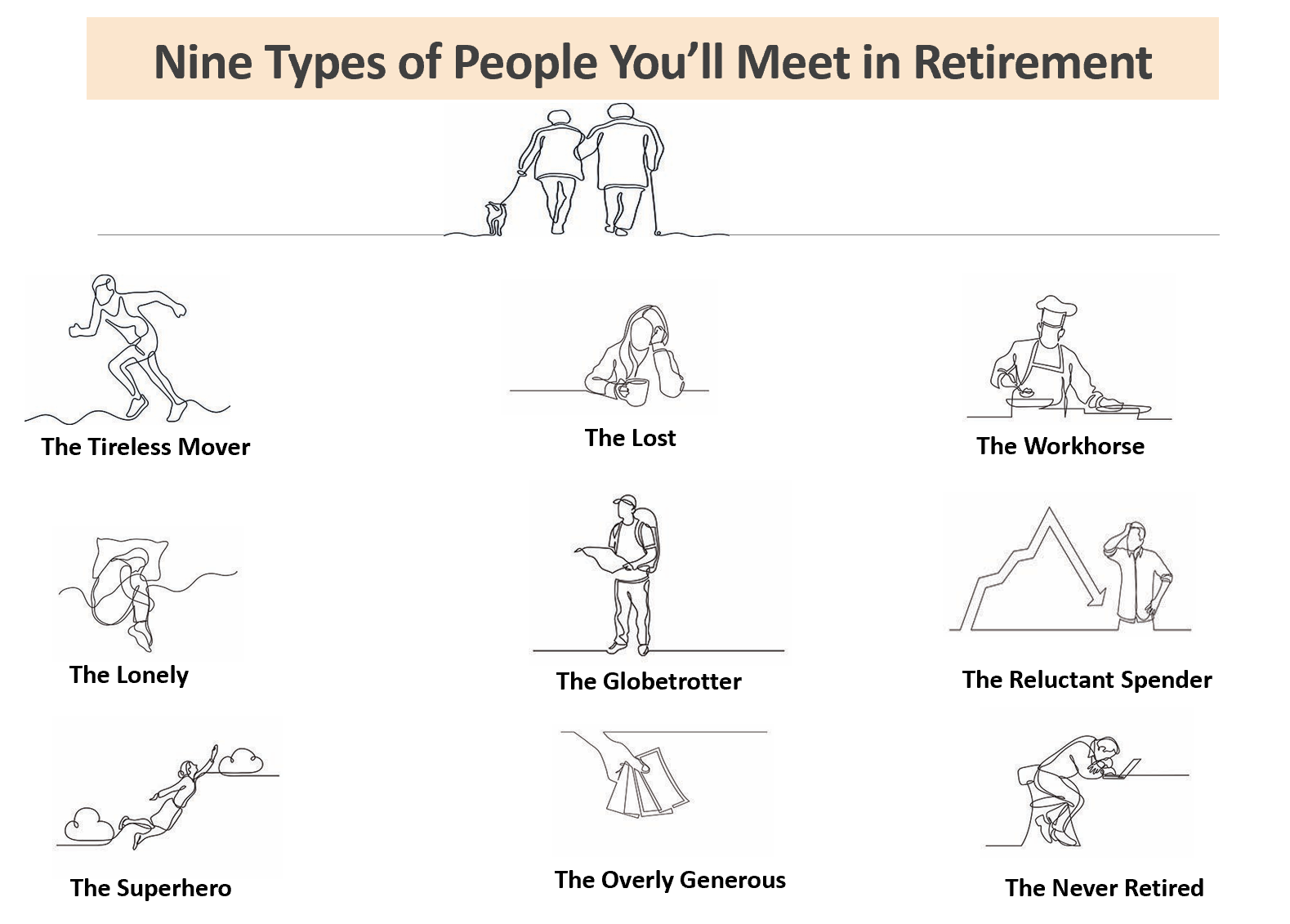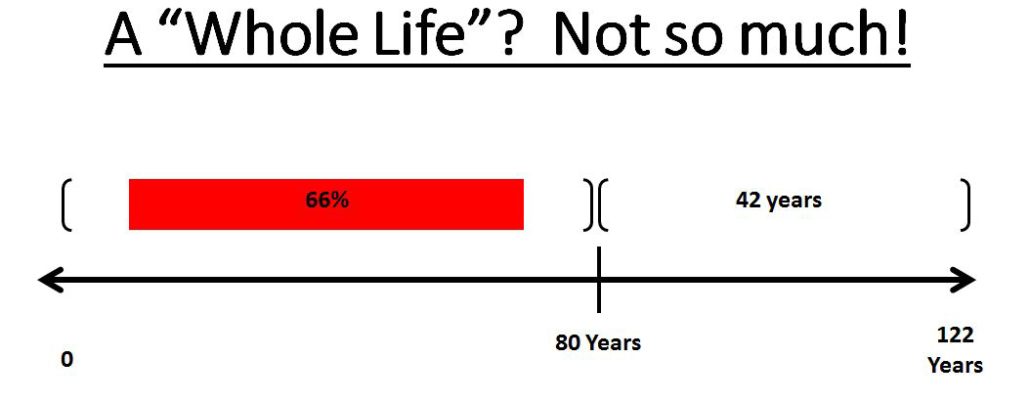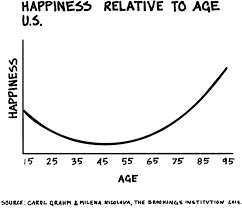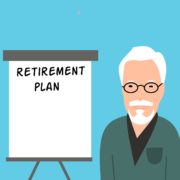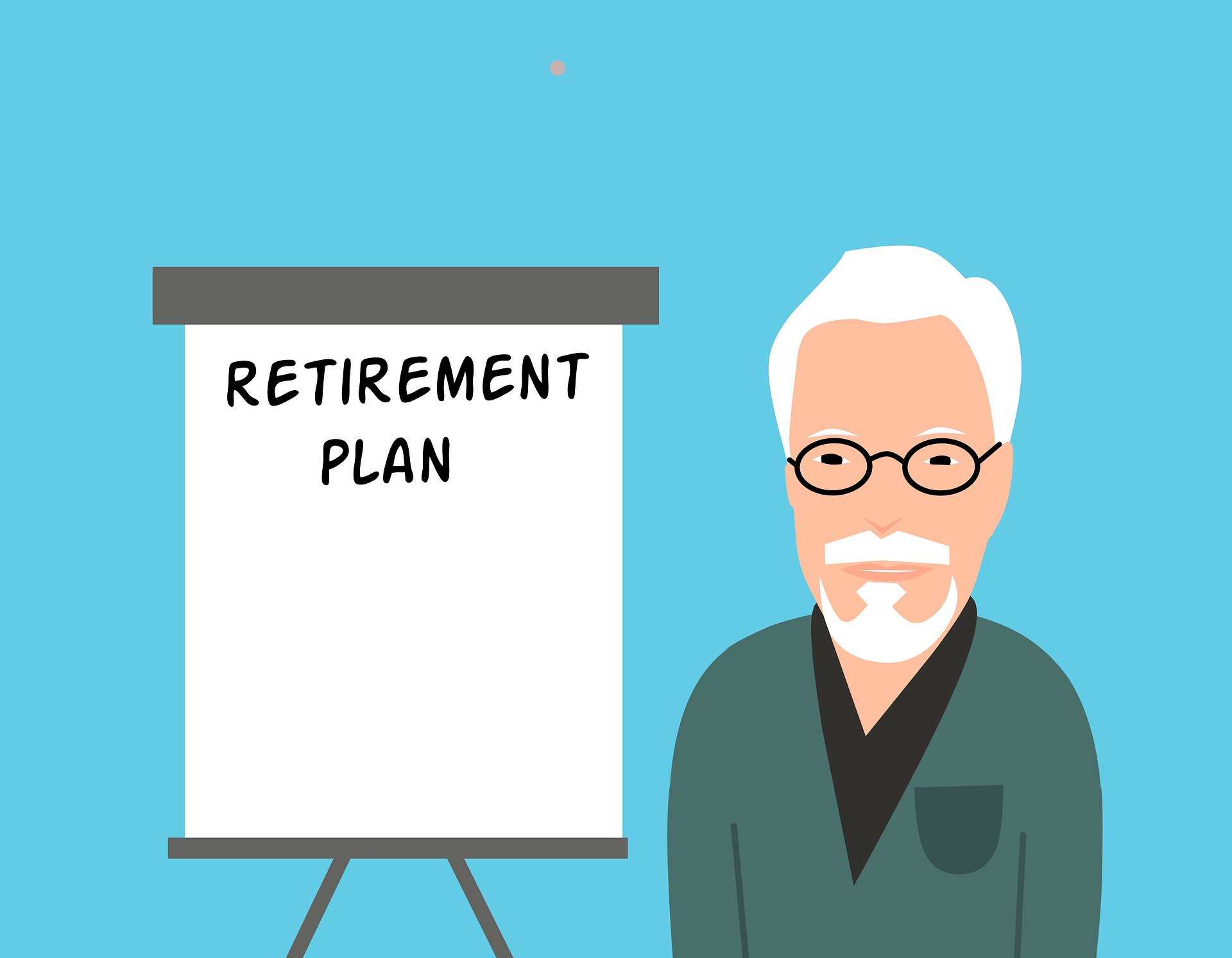
When I made my final corporate relocation and moved to Denver in 1979, I ensconced our family in a house at the top of an 11-house cul-de-sac where we remained for 21 years. It was a tight little community with, at one point, 23 kids under the age of 11.
You can visualize what a summer evening was like on that cul-de-sac. Active. Noisy. Kids creating on the fly. Jockeying for alpha positions. Forming and dissolving close bonds.
All in one evening.
We liked the cul-de-sac because it was:
- Safe
- Secure
- No through traffic
- Quiet
- Comfortable
Kinda reminds you of what retired life is supposed to be like, right? At least, the way the concept has historically been dished out by the financial services community.
I can’t attest to all that personally since I’ve chosen to avoid retirement. But, it appears to be true for most.
Until it isn’t.
Safe, secure, quiet, and comfortable worked several decades ago when retired life lasted five years if you were lucky. With extended lifespans adding 25-40 years to our lives, there are downsides to that combination
There is sort of a trojan-horse-like quality to buying into a “cul-de-sac retirement.”
The following may seem a little strange but remember it’s coming from a scattered brain. So, hang with me for a few paragraphs.
This past week, I had a Seth Godin moment. Seth is one of my favorite personal development authors. He’s a phenomenally successful, esoteric, iconoclastic, irreverent, creative author – all the things I’d like to be when I grow up.
I pulled his copy of “The Dip: A Little Book That Teaches You When to Quit (And When to Stick)” off my “A” bookshelf and read it for the third time (two-hour read).
Godin led me to the real definition and a more appropriate application of the cul-de-sac to second-half or third-age living.
First, Godin reminds us that cul-de-sac is a French word with a variety of meanings:
- “dead end, blind alley, impasse, enclosure, trap, cavity.”
- “a route or course leading nowhere.”
Secondly, he emphasizes the importance of the “dips” we experience throughout life and introduces the importance of “strategic quitting” as a key to maximizing a journey to success, be it in a career or life.
Retirement and Dip?? Where is this going?
Maybe a Godin quote from the book will help:
“Almost everything in life worth doing is controlled by the Dip. At the beginning, when you first start something, it’s fun. You could be taking up golf or acupuncture or piloting a plane or doing chemistry (or retirement? my note) – doesn’t matter; it’s interesting, and you get plenty of good feedback from the people around you. Over the next few day and weeks (and years? my note), the rapid learning keeps you going. Whatever your new thing is, it’s easy to stay engaged with it.
And then the Dip happens.
The Dip is the long slog between starting and mastery. A long slog that’s actually a shortcut, because it gets you where you want to go faster than any other path.”
From his book, Godin portrays it like this:
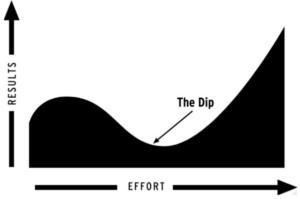
Then Godin injects the concept of cul-de-sac using the French definition “dead end,” applying it mostly to a work situation as – –
“– where you work and you work and you work and nothing much changes. It doesn’t get a lot better, it doesn’t get a lot worse. It just is.”
That’s when it hit me. He’s describing what can happen to us as we enter into the “obligatory, entitled” phase of life called retirement. It’s a comfortable, safe, quiet “dip” that is easy to extend for a long time – too long, in my opinion. I side with Godin’s position on the Dip:
“There’s not a lot to say about the Cul-de-Sac except to realize that it exists and to embrace the fact that when you find one, you need to get off it. That’s because a dead end is keeping you from doing something else. The opportunity cost of investing your life in something that’s not going to get better is just too high.”
The euphoria, new freedom, independence, comfort, the quietness of retirement is a very alluring “Dip.” One that is easy to extend through those early retirement years where physical and cognitive skills are still very much alive and keen.
What’s not to like, right?
That’s the “trojan horse” part. Staying in the Dip of safe, comfortable, quiet retirement fails to acknowledge its fundamental violation of our very anatomy and biology. We are offered only two choices by our biology, regardless of age or stage:
Grow or decay.
Stay in the Dip of self-indulgent, leisure-based retirement for too long and guess what side of the biological ledger we end up on.
Decay. Physical and cognitive decay.
Maybe the fact that the average American still only makes it to 80 but with over 10 years of that in ill-health adds some credibility to my argument, which is:
Get out of the cul-de-sac within 2-3 years of your retirement start date!
Over the last few years, I’ve engaged a lot of healthcare executives who are at or close to that retirement phase and wrestling with the big question “What’s next?” These folks are accustomed to a work-life that operates at 110 mph. They are fearful of the prospect of going from that pace to zero.
It turns out that Seth and I seem to be on the same page with my advice for these high achievers. I suggest they take a year or two and indulge themselves in this new freedom and independence (the DIP) while encouraging them to not get too used to it. Rather, use it also as a time to reflect and explore. Godin would call it “leaning into the dip” and using it to figure out what they want the rest of their life to look like.
With a potential post-career runway of 25-40 years, getting stuck in the dip is a great waste and a loss to our society.
It’s called “strategic quitting” – quitting the comfortable, dangerous “dip” with an eye toward a legacy, or leaving a footprint, and not joining the masses who are “living too short and dying too long” with no sense of purpose and limited meaning in their lives.
I’ll wrap by borrowing the words of Monsignor Charles Fahey, Founding Director of Fordham’s Third Age Center:
“People in the third age should be the glue of a society, not its ashes.”
Thanks for hanging in to the end. Please leave a comment – your insights are very valuable. Also, if you haven’t joined our email list to receive this weekly diatribe, trip on over to www.makeagingwork.com and join us – and tell your friends.
Have a safe and happy holiday!!






















